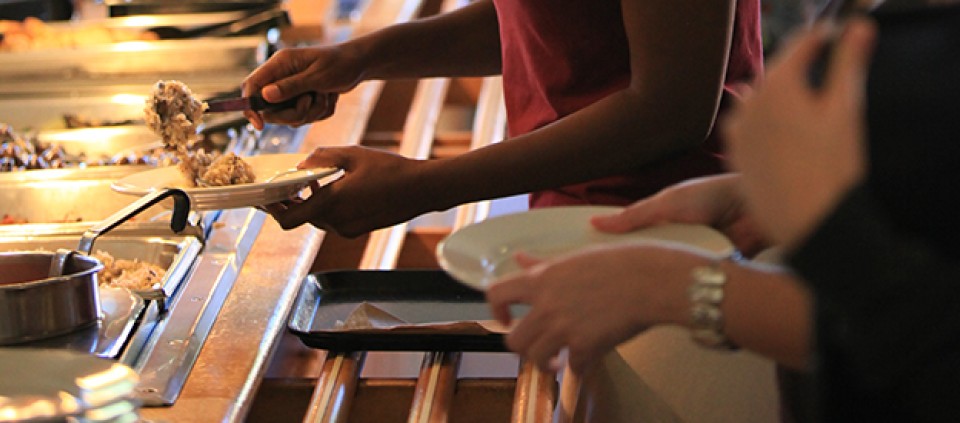For Better Heart Health, Eat Breakfast and Have an Early Dinner

There is much ado over a study published in Circulation, the journal of the American Heart Association. Entitled “Prospective Study of Breakfast Eating and Incident Coronary Heart Disease in a Cohort of Male US Health Professionals,” this study found that men who skipped their morning meal had a 27 percent higher risk of developing heart disease than men who ate breakfast.
But, largely ignored in the swirl of news reports is this even more startling fact: Men who ate late at night had a 55 percent higher risk of developing heart disease—twice as high as the breakfast skippers. This finding is not a surprise for those who study the relationship between lifestyle and disease. It has long been shown that people who snack before bedtime, or who work the graveyard shift and are forced to eat outside of usual daytime hours, are at far greater risk for obesity, insulin resistance, and diabetes. And all of these, of course, are risk factors for heart disease.
These findings are of particular interest in light of the latest diet trend: intermittent fasting. As a nutrition-minded doctor, I am frequently asked my opinion of this approach. Instead of adding a day or two of fasting, I remind people that our “normal” schedule already includes a daily fast—ideally, a 12-hour one that starts after dinner and lasts until breakfast. This is a critical time for the body to rest and digest, and when we eat during this time, in the form of late-night munching in front of the TV, or if we forget to “break the fast" in the morning, we are undermining our body’s ability to self-regulate appropriately. Eating late at night puts anabolic processes into overdrive. Continuing the fast into waking hours tricks our body into wanting to conserve. Both of these throw off the natural rhythm that humans have evolved to maintain a steady, functional metabolism that promotes health and a healthy weight.
So, as important as it is to begin the day with a balanced, whole-foods breakfast, don’t forget to start your fast as well, the night before. Instead of late-night noshing, read a book, meditate, start an art project, write in a journal, or watch a movie. Your heart will thank you.
Lisa B. Nelson, MD, is a family practice physician, Director of Medical Education for Kripalu programs, and a Kripalu faculty member who has trained thousands of individuals in mind-body practices for health and vitality.
Full Bio and Programs